The nutrient cycle is an intricate and vital process that keeps nature in balance. Essential elements like nitrogen, phosphorus, and potassium cycle through ecosystems, supporting life at every turn. However, urbanization and modern waste management practices often disrupt this cycle, sending valuable nutrients to landfills instead of back to the land.
That's where Little Buddies comes in. We aim to reconnect this broken cycle by transforming town waste into valuable agricultural resources. Let's dive deeper into understanding the nutrient cycle and how we contribute to its completion.
Deep Dive into the Nutrient Cycle
In an ideal world, the nutrient cycle is a closed-loop system. Elements like nitrogen and phosphorus start in the soil and are absorbed by plants. Animals eat the plants, and both plants and animals eventually die and decompose, returning these nutrients to the soil.
Human activities, particularly the disposal of waste in landfills, interrupt this cycle. Organic matter trapped in landfills doesn't decompose efficiently and is not used to generate more food, causing nutrients to be lost. This one way trip of valuable organic waste to landfill is a major contributor to greenhouse gas emissions, soil fatigue and lowering of organic carbon content in soils.
The Multiple Benefits of Completing the Nutrient Cycle
Soil Fertility: Traditional synthetic fertilizers often provide a quick nutrient fix but can degrade soil health over time. Vermicast and compost not only provides essential nutrients but also improves soil structure, water retention, and microbial activity. This leads to long-term soil fertility. improved crop resilience, and increased crop yields.
Reduced Waste: Landfills are a significant source of methane, a potent greenhouse gas. By diverting organic waste to our composting and vermiculture practices, we reduce methane emissions. Additionally, preserving landfill space helps communities save money and resources needed to develop new landfill sites.
Sustainable Agriculture: High-quality vermicast reduces the need for synthetic fertilizers and pesticides. This shift towards organic inputs and regenerative methods is a crucial step in promoting sustainable agriculture, reducing the environmental impact of farming practices.
In Summary
Little Buddies is more than just a composting and vermiculture business; we are a vital link in completing the broken nutrient cycle. By transforming urban waste into agricultural gold, we're helping build a more sustainable, resilient, and interconnected world. We are proud to be creating a conduit for organic waste to return to the land to enrich and protect our soils.
If you'd like to be part of this exciting journey towards environmental sustainability, reach out to us today.



